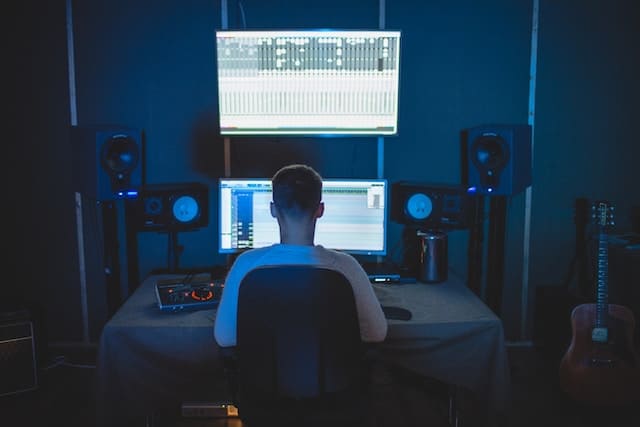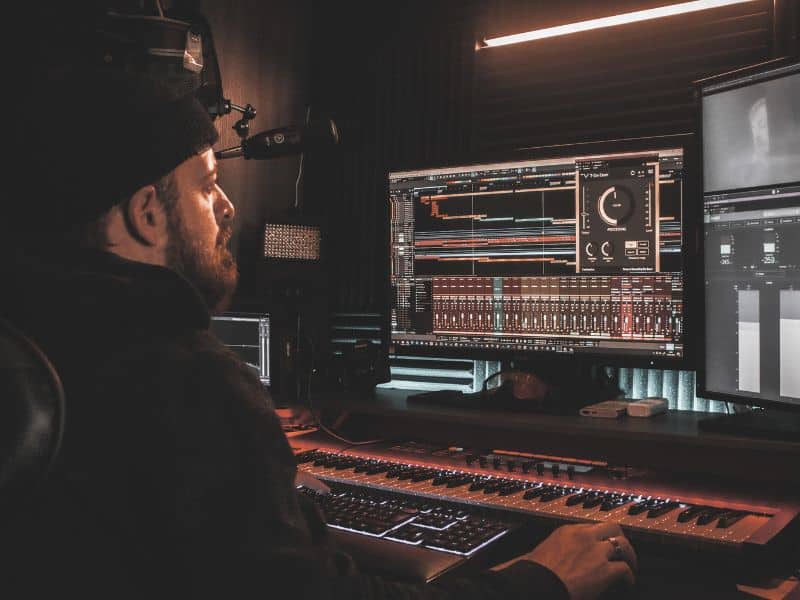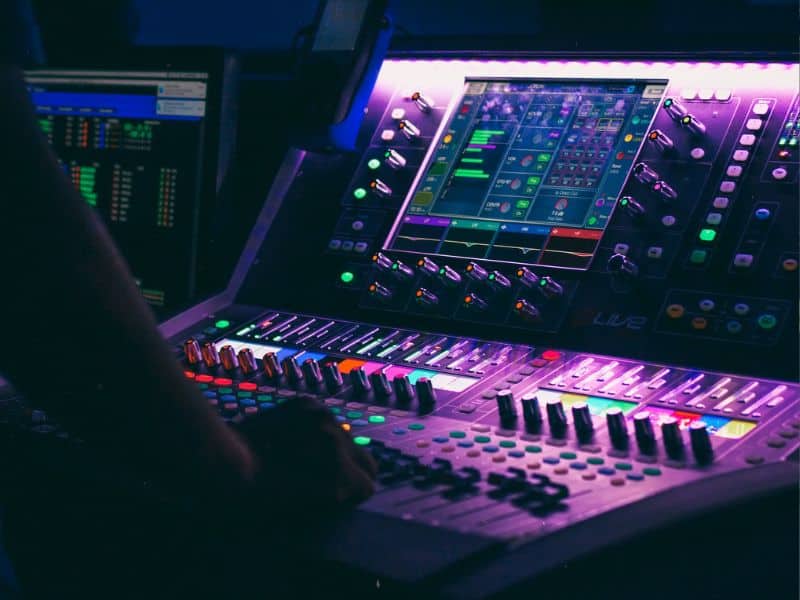In the world of music production, it’s easy to get caught up in the quest for perfection. Musicians and producers often strive for that polished and professional sound, and it’s easy to fall into the trap of overproduction. But what is overproduction, and how can you strike the right balance between a well-produced track and one that is overly cluttered? In this blog post, we’ll explore the concept of overproduction, its signs, and how to avoid it while still creating music that stands out.
What Is Overproduction?

Overproduction, in the context of music, refers to the excessive use of elements like instruments, effects, and techniques that can make a song feel overcrowded, dense, or cluttered. This can take many forms, such as too many instruments playing at once, an overwhelming amount of effects and processing, or an overabundance of layers and tracks. While a well-produced song can enhance the listening experience, overproduction can lead to a loss of focus and musicality.
Signs of Overproduction

- Excessive Instrumentation: One of the most common signs of overproduction is having too many instruments playing simultaneously. While layering is a valuable technique in music production, an excessive number of instruments can make a song sound muddled and confusing.
- Overuse of Effects: Using effects like reverb, delay, and compression is essential in music production, but overdoing it can be counterproductive. Too much processing can lead to a loss of clarity and an unnatural sound.
- Complex Arrangements: Overly complex arrangements can be a sign of overproduction. When there are too many parts and layers in a song, it can be challenging for the listener to discern the core elements and melodies. Here’s a short article on how to mix synthwave music.
- Lack of Dynamics: Overproduced songs often lack dynamics. They maintain a consistent high energy level throughout, which can be fatiguing for the listener. Dynamics are essential for creating musical tension and release.
- Unintelligible Lyrics: If your vocals are buried beneath a wall of sound, it can be a sign of overproduction. The lyrics should be clear and easily understandable.
Avoiding Overproduction

Now that we’ve identified the signs of overproduction let’s explore how you can avoid it while still creating music that sounds polished and professional.
- Start with a Clear Vision: Before you begin producing a song, have a clear vision of what you want it to sound like. This will help you make intentional decisions about instrumentation, arrangement, and effects.
- Less is More: Don’t be afraid to simplify. Sometimes, removing elements from a song can have a more significant impact than adding more. Focus on the core elements that drive your song’s message.
- Listen Actively: Throughout the production process, continuously listen to your song with a critical ear. If something doesn’t contribute to the overall sound and message, consider whether it’s necessary.
- Experiment with Space: Use silence and space as important elements in your music. Don’t be afraid to let instruments and vocals breathe. Space can create a sense of depth and clarity in your mix.
- Mix with Purpose: During the mixing phase, make conscious decisions about the use of effects and processing. Ensure that every element you add serves a specific purpose in enhancing the song.
- Get Feedback: Don’t be afraid to seek feedback from other musicians, producers, or trusted friends. Fresh ears can provide valuable insights and help you identify areas where you might be overproducing.
Conclusion
Overproduction is a common pitfall in music production, but with a mindful approach, it’s entirely avoidable. The key is to strike a balance between creating a well-produced track that sounds professional and maintaining the essence and integrity of your music. Remember, every element in a song should have a purpose and contribute to the overall sound and message. By actively listening, simplifying when necessary, and seeking feedback, you can create music that stands out for all the right reasons. So, ask yourself: Are you overproducing your song? It might be time to find that perfect balance between too much and just enough.
Recent Posts
The Synthwave Song Writing Start to Finish Guide: Getting That Warm, Analog Sound In the Box
If you’re making synthwave, you’ve probably fallen in love with the sound of the 1980s:Warm synths, punchy drums, saturated tape textures, and a glowing analog aesthetic that feels nostalgic and...
What’s the Most Frustrating Part of Making Music And How to Overcome It
Music creation can be one of the most rewarding forms of self-expression. But let’s be honest—it can also be maddening. That moment when inspiration strikes… only to be blocked by technical...


